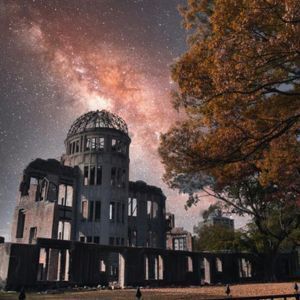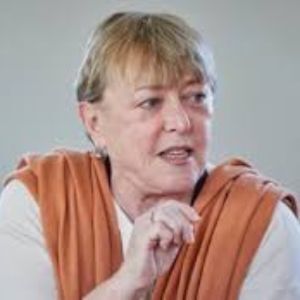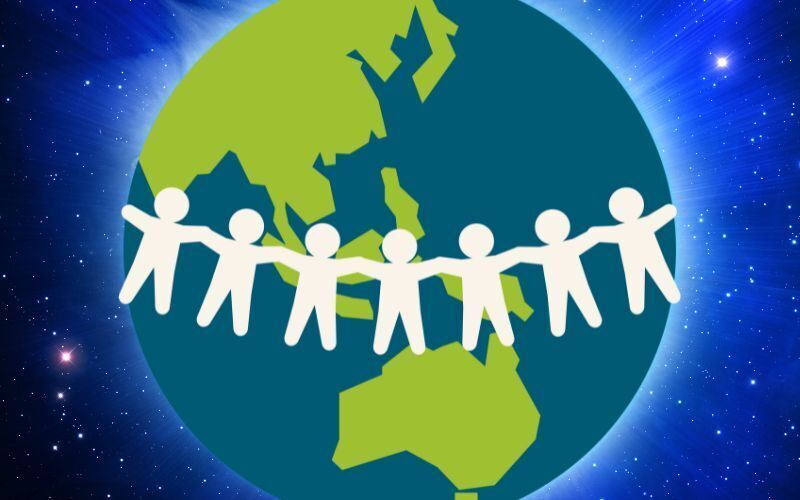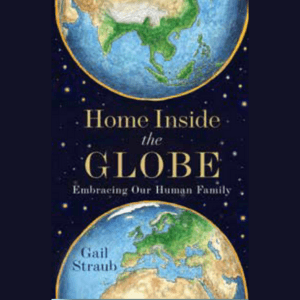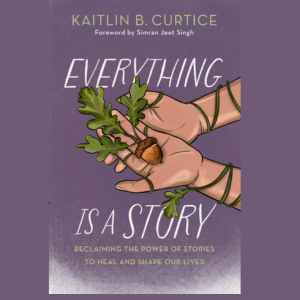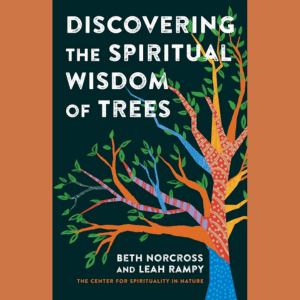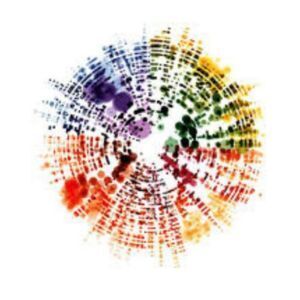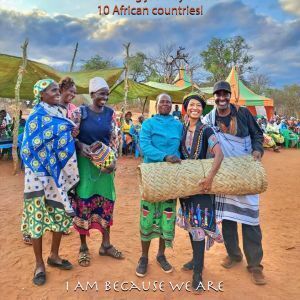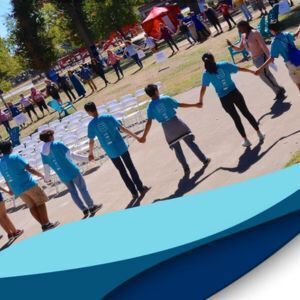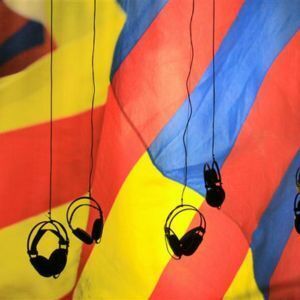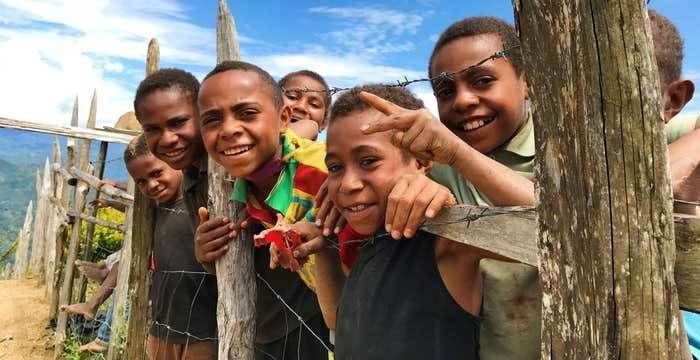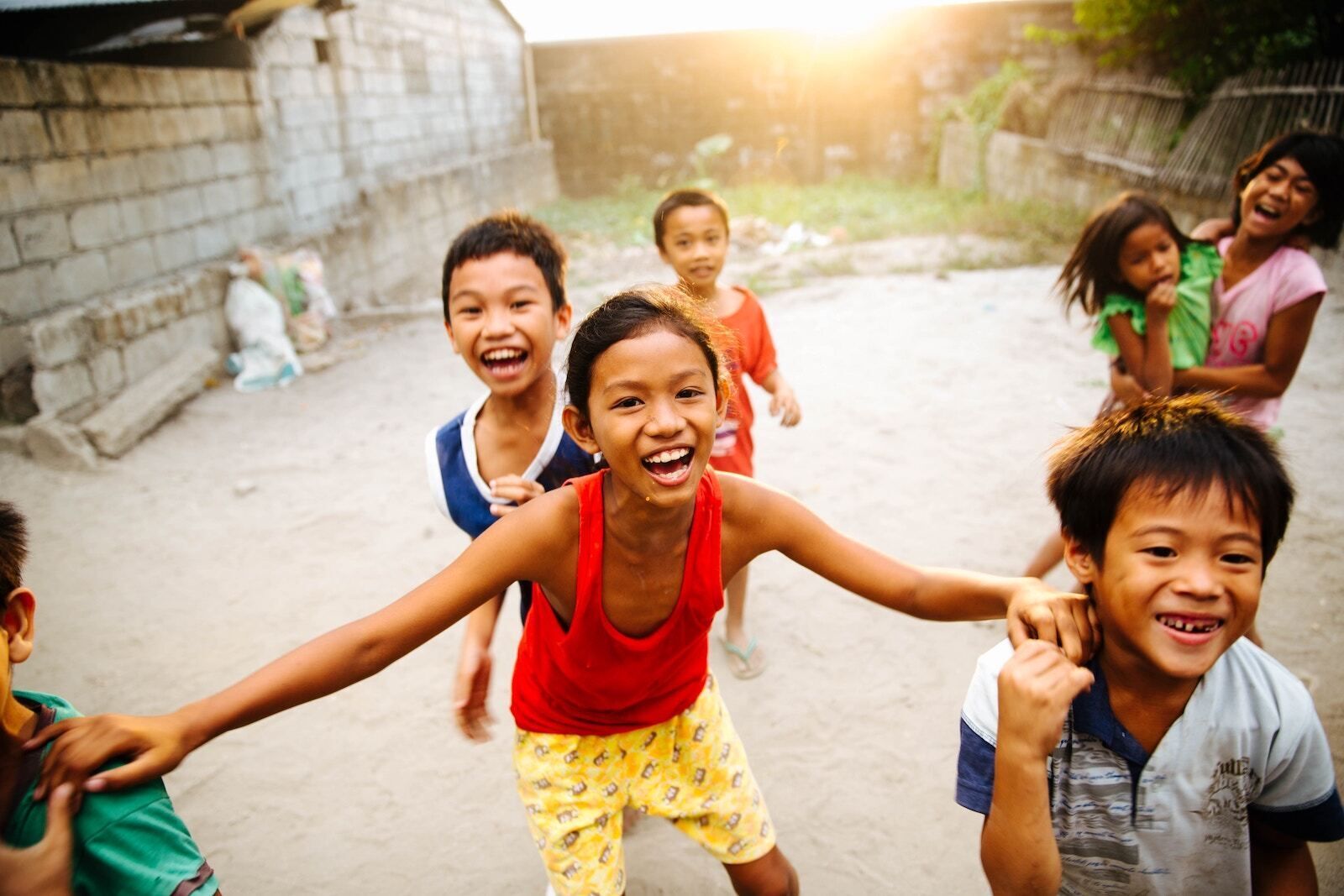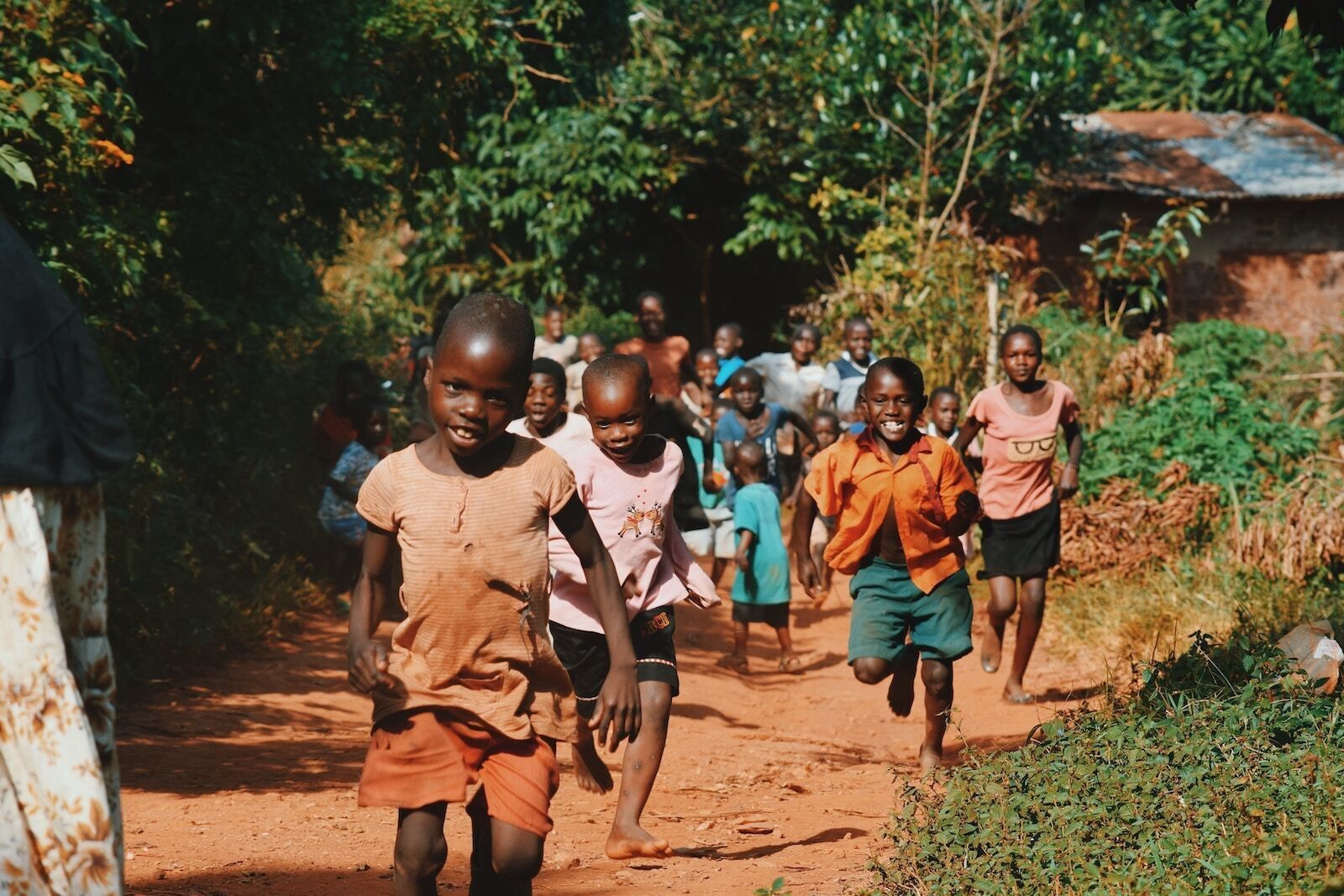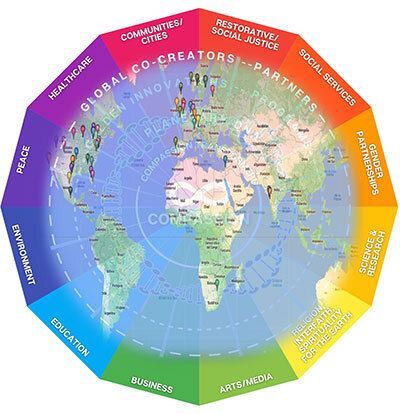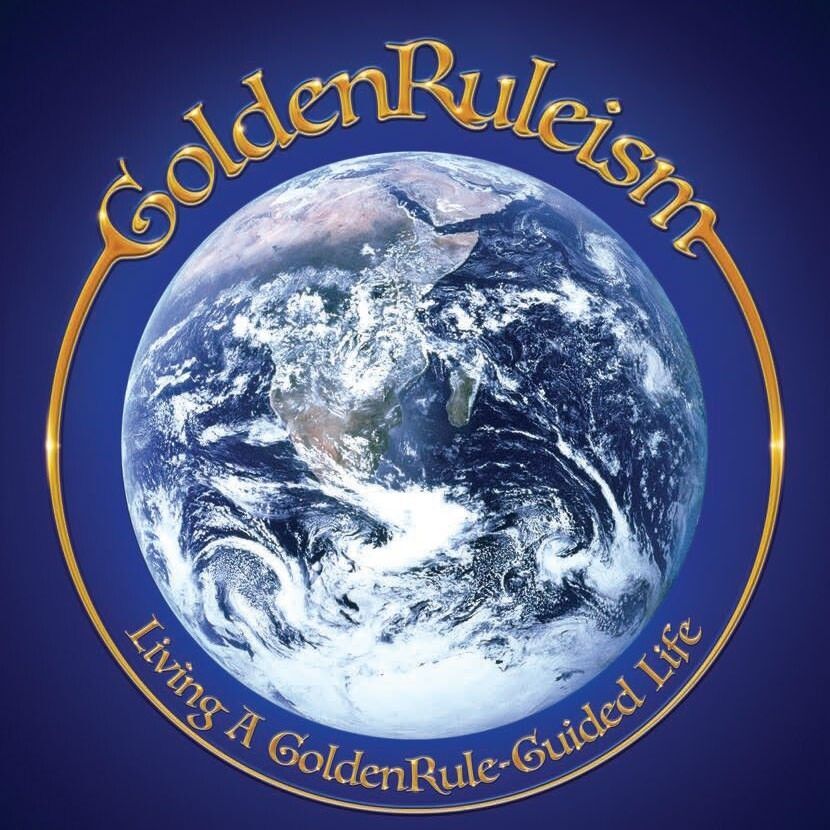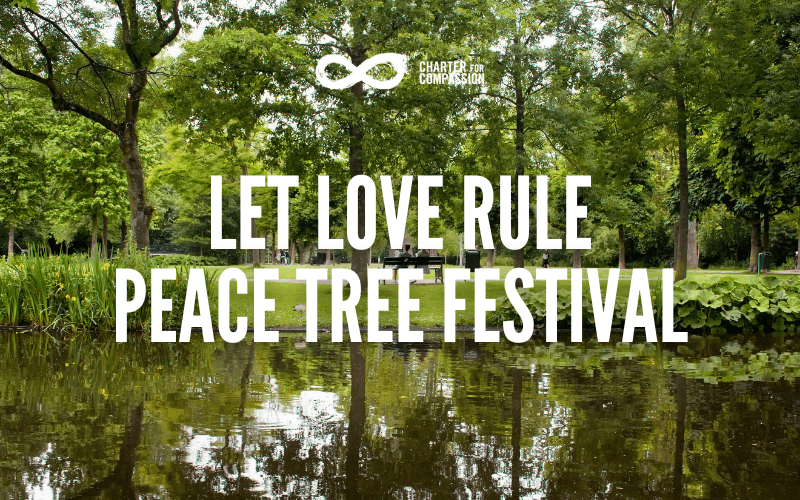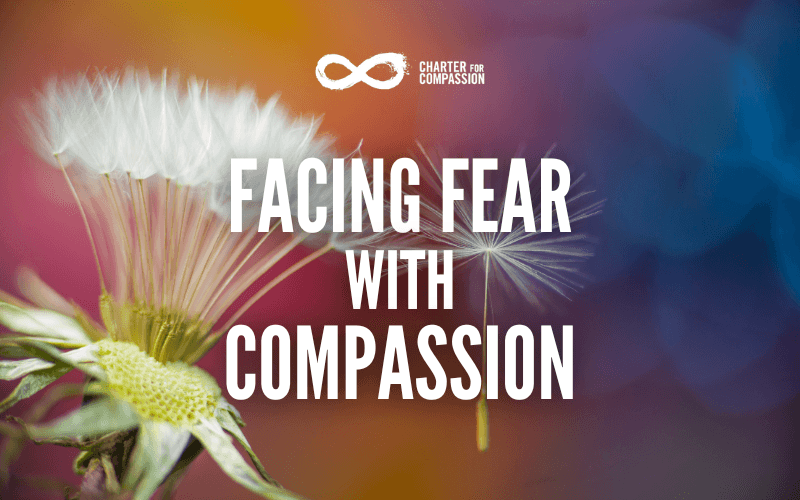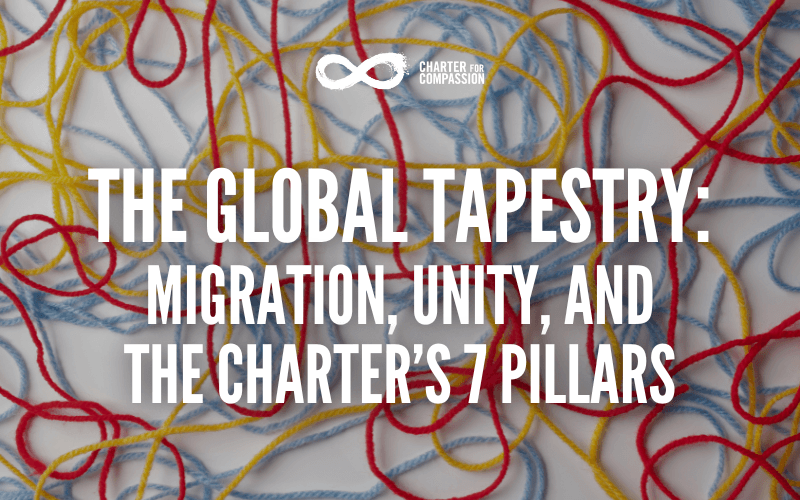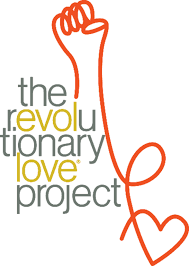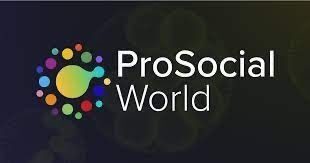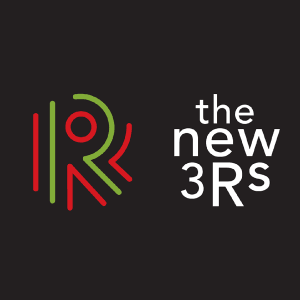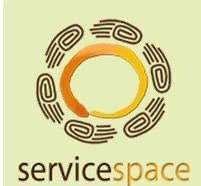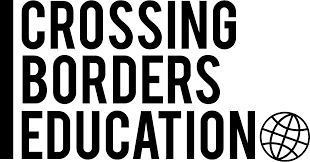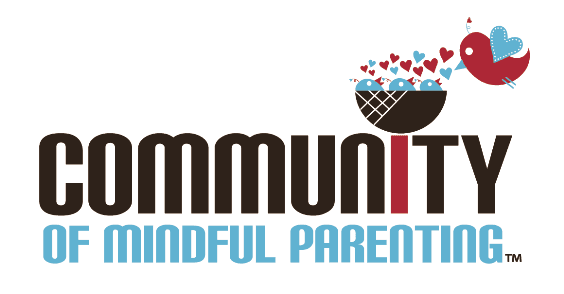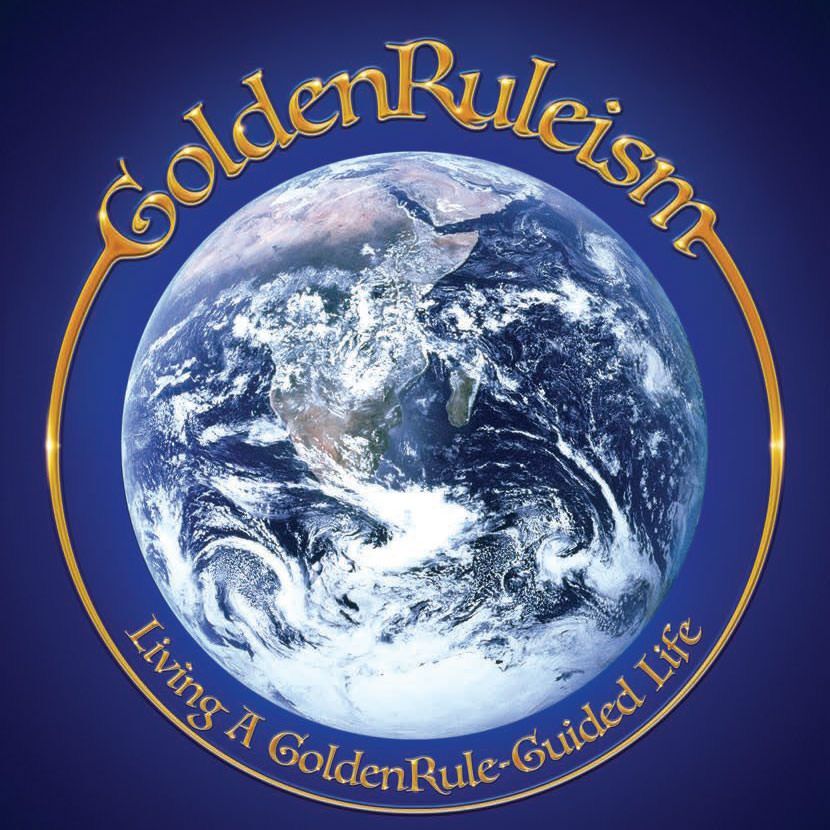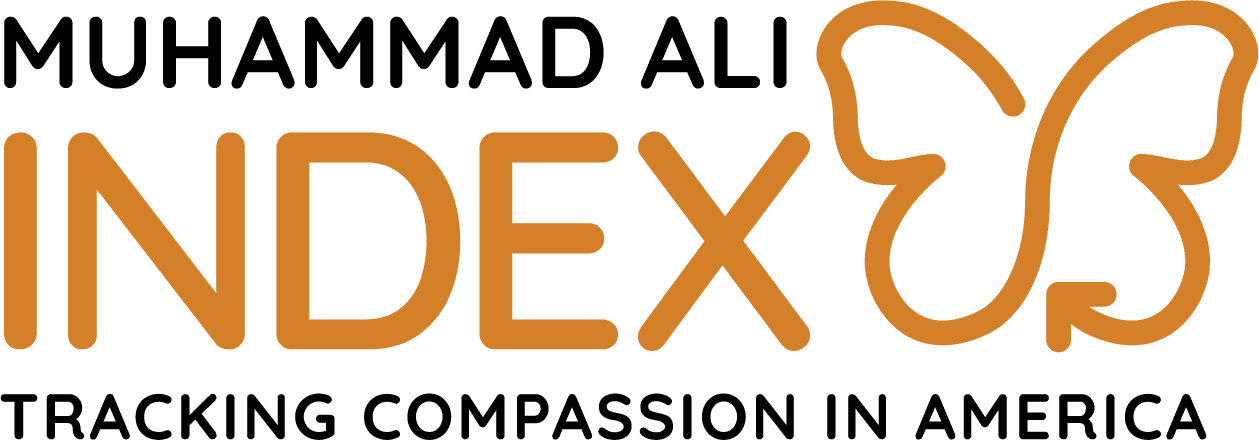Events
Commemorating the 80th Anniversary of the Dropping of the Bombs on Hiroshima and Nagasaki
Making Compassion Work
Special Projects
New Resources
What We Do
Connecting those who care
We support the emerging global movement that brings compassion to life. We are a global network connecting people, cities, grassroots organizers and leaders to each other. We provide educational resources, organizing tools, and avenues for communication. With your help we can all make a difference.
-
Keep up with news from our compassionate communities, partners and the Charter for Compassion. Share your news.
Take a look. -
Work with others to build a compassionate community in your own “backyard.” Join and connect with hundreds of global communities around the world who are doing the same thing. Learn from and support one another.
Find out more. -
Make things happen. Become a volunteer. Start a program. Join one of the Charter’s twelve sectors. Move things forward.
Fill out the volunteer form.
-
Take advantage of becoming visible to other like-minded people. Share your passion for compassion.
Invite others to co-create with you. -
Contribute to a shared book. Help create a written record of successful projects that can be replicated by others. Work with others to create and sustain positive community ecosystems.
-
We’re making every child’s world better. Come and join a world of wonder, adventure and joy. Visit us at Kids + Company, powered by GoldenRuleism.
-
Join one of our courses that address how to make compassion a driving force as we work to alleviate the suffering of our fellow beings and help create a just economy and a peaceful global community. Check out our offerings.
-
Join our Global Read each month. Interact with celebrated authors.
View our Global Read webinars for adults and kids.
Why We Do This
Connecting those who care
We promote empathy, peace, social justice, environmental sustainability, and intercultural understanding in a world riddled in turmoil. By encouraging compassionate action the Charter for Compassion aims to create compassionate communities where individuals can connect, collaborate, and support each other in their efforts to create a more compassionate world. These communities foster a sense of belonging and provide platforms for sharing ideas, resources, and initiatives related to compassion.
How We Do This
Connecting people who care
This website is your compassion landing pad. Consider it to be a “wikipedia” of the compassion movement. It contains an encyclopedia of information about compassion, its history and how it relates to the fields in which we work. It offers tools for grassroots organizing of compassionate communities, approaches to how we connect our passions through storytelling and most importantly, how we find others of a similar mind so we might strengthen our resolve to build a more just and equitable world.
-
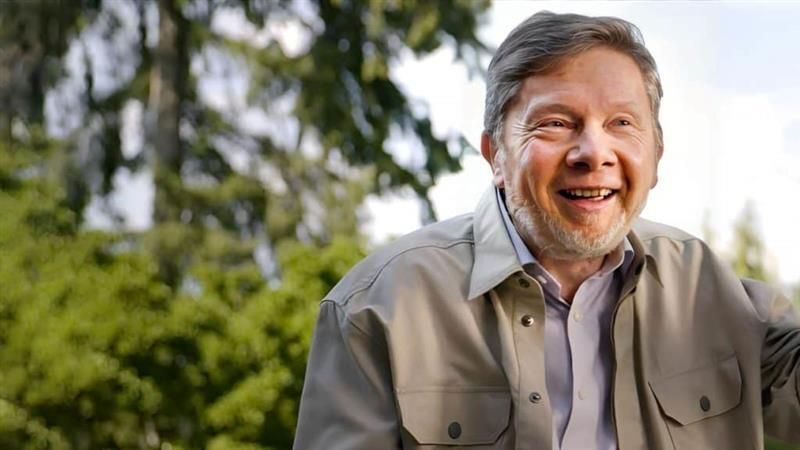 Realize deeply that the present moment is all you have. Make the NOW the primary focus of your life.
Realize deeply that the present moment is all you have. Make the NOW the primary focus of your life.Eckhart Tolle
The Power of Now: A Guide to Spiritual Enlightenment
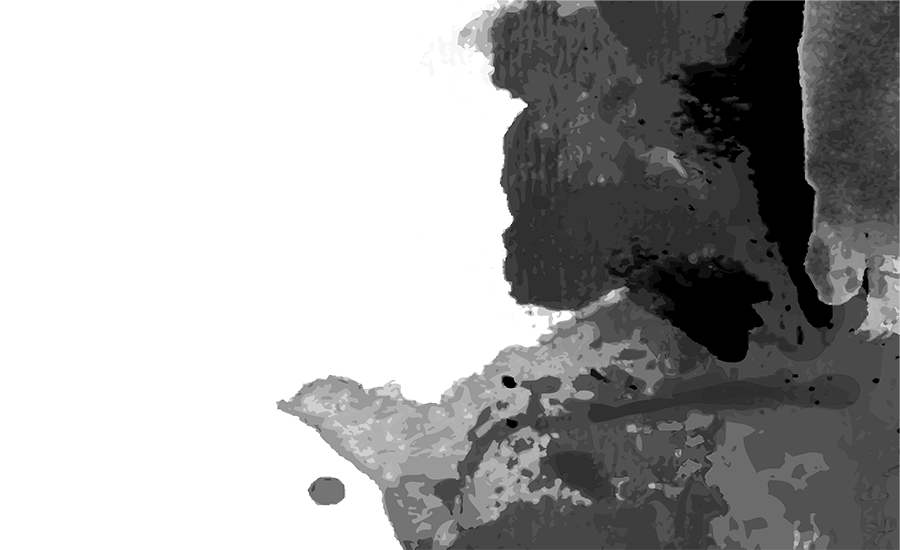
Our Impact This Year
In 2024, the Charter for Compassion launched a number of new cities, added partners from Australia to Zimbabwe and generated nearly 50,000 hours of volunteer work and through our social media efforts reached over 6 million.
Each year we start anew with measuring our impact. The figures below begin with January 31, 2025.
Thank you for your continued support. We couldn’t do it without you. Please Donate.
-
Communities
575
-
Partners
2,766
-
Hours
57,872
-
People Reached
3,948,233
-
Dollars Raised
321,000








